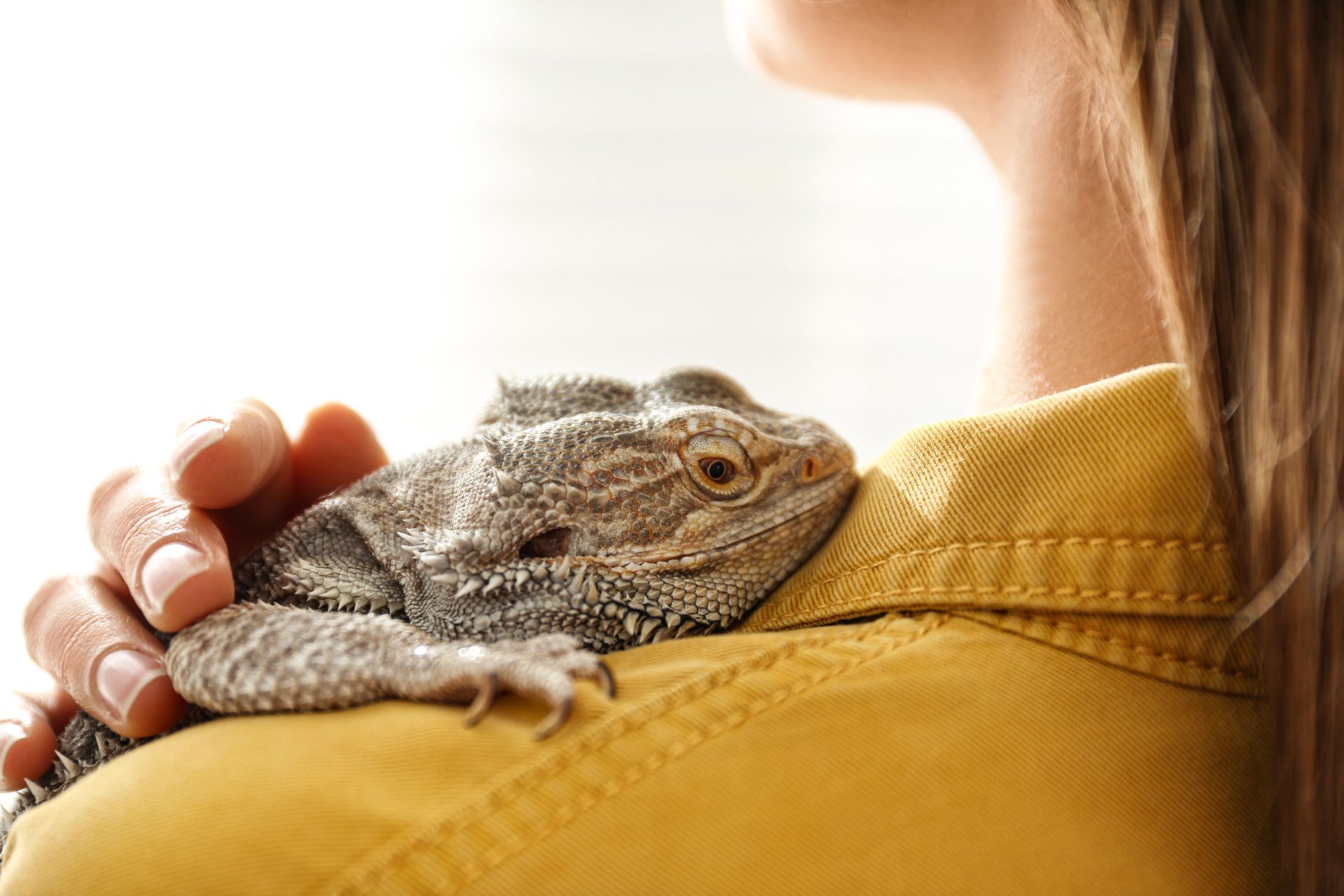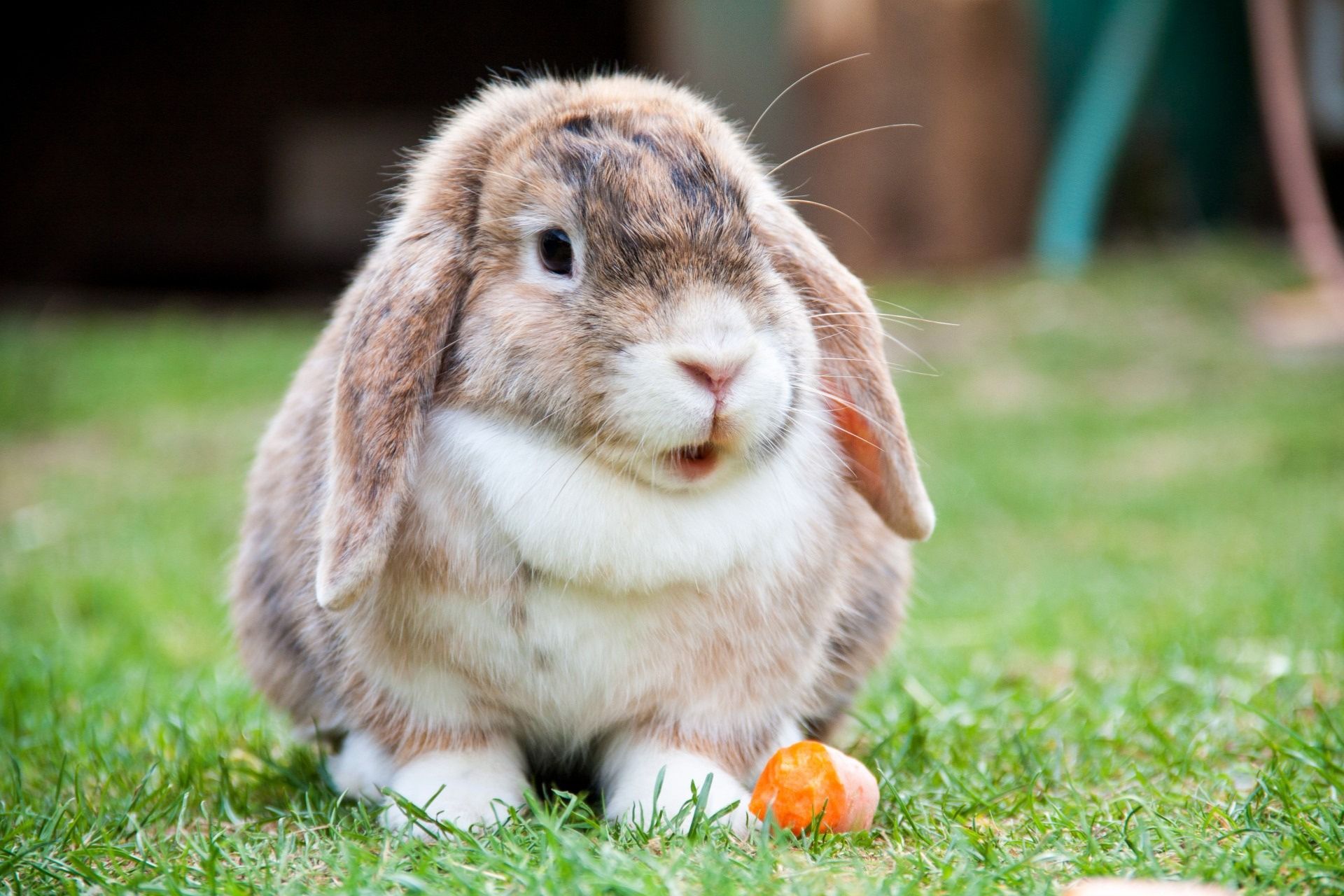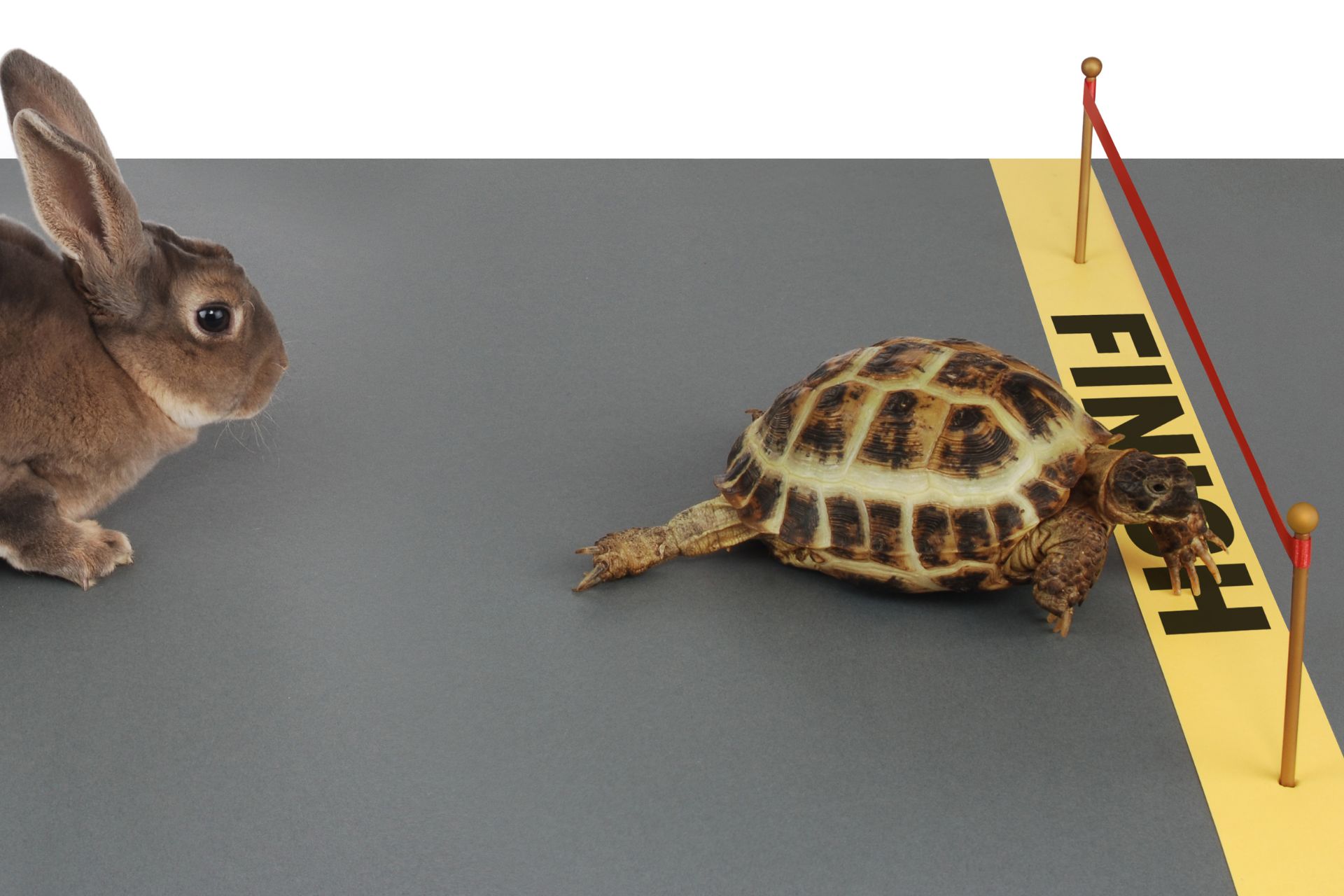Looking for a unique and exciting pet? Exotic animals, which are less commonly kept as pets and often native to other parts of the world, might catch your eye. These pets include mammals, reptiles, birds, fish, amphibians, invertebrates, and even large cats.
However, owning an exotic pet isn’t something to take lightly. These animals often come with special needs that require careful research, preparation, and dedication. They can also pose risks to themselves, their owners, other animals, or even the environment.
If you are a first time exotic pet owner (to be) and you have decided on a reptile for your new pet, read our list of Top 10 Best Reptile Pets for Beginners.
That’s why it’s crucial to choose a reliable exotic pet store that offers healthy animals, trustworthy advice, and ongoing support. But how do you find a store you can trust? Let’s explore what to look for and how to make an informed decision.
Why Buy from a Trustworthy Exotic Pet Store?
Here are some key benefits of choosing a reputable store:
- Avoid Legal and Ethical Issues: A trustworthy store ensures you don’t accidentally buy endangered or illegally sourced animals. This helps protect wildlife and ecosystems.
- Healthy Animals: You’re more likely to get a pet that’s in good health, avoiding costly vet bills or heartbreak from illness.
- Accurate Information: Reliable stores provide details about the animal’s care, diet, and behavior, helping you make the right choice for your lifestyle.
- Ongoing Support: From guarantees to aftercare services like vet referrals or boarding, a good store stands by its animals and customers.
Signs of a Trustworthy Exotic Pet Store
Here’s what to look for in a reliable store:
- Proper Licensing and Permits: Check if the store complies with local and international regulations, such as the USDA standards in the U.S. or CITES agreements for endangered species.
- Animal Welfare Practices: Reputable stores prioritize the well-being of their animals and avoid selling invasive or harmful species.
- Transparency: They openly share where their animals come from, how they’re cared for, and provide health records or certifications.
- Variety and Quality: Look for healthy, well-adjusted animals with clear signs of good care.
- Knowledgeable Staff: Staff should have expertise in exotic animal care and be ready to answer your questions.
How to Find a Trustworthy Exotic Pet Store
1. Online Research
Start by searching online for stores near you or that ship nationally. Look for reviews, social media presence, and detailed information on their websites. Sites like Imperial Reptiles or Underground Reptiles can be a good starting point.
2. Visit in Person
If possible, visit the store to inspect their facilities. Pay attention to cleanliness, animal conditions, and the staff’s willingness to help. Seeing the animals up close can give you a better sense of their health and temperament.
3. Ask Questions
Whether in person, online, or over the phone, ask about:
- Licensing and permits
- Animal sourcing and care practices
- Health records
- Shipping policies (if applicable)
- Guarantees and return policies
4. Community Recommendations
Talk to other exotic pet owners or join online forums for advice. They can point you to trustworthy stores and share their experiences.
Your inbox needs this
Subscribe to the Petme newsletter for weekly updates with pet care tips, tales, and member-only perks.











